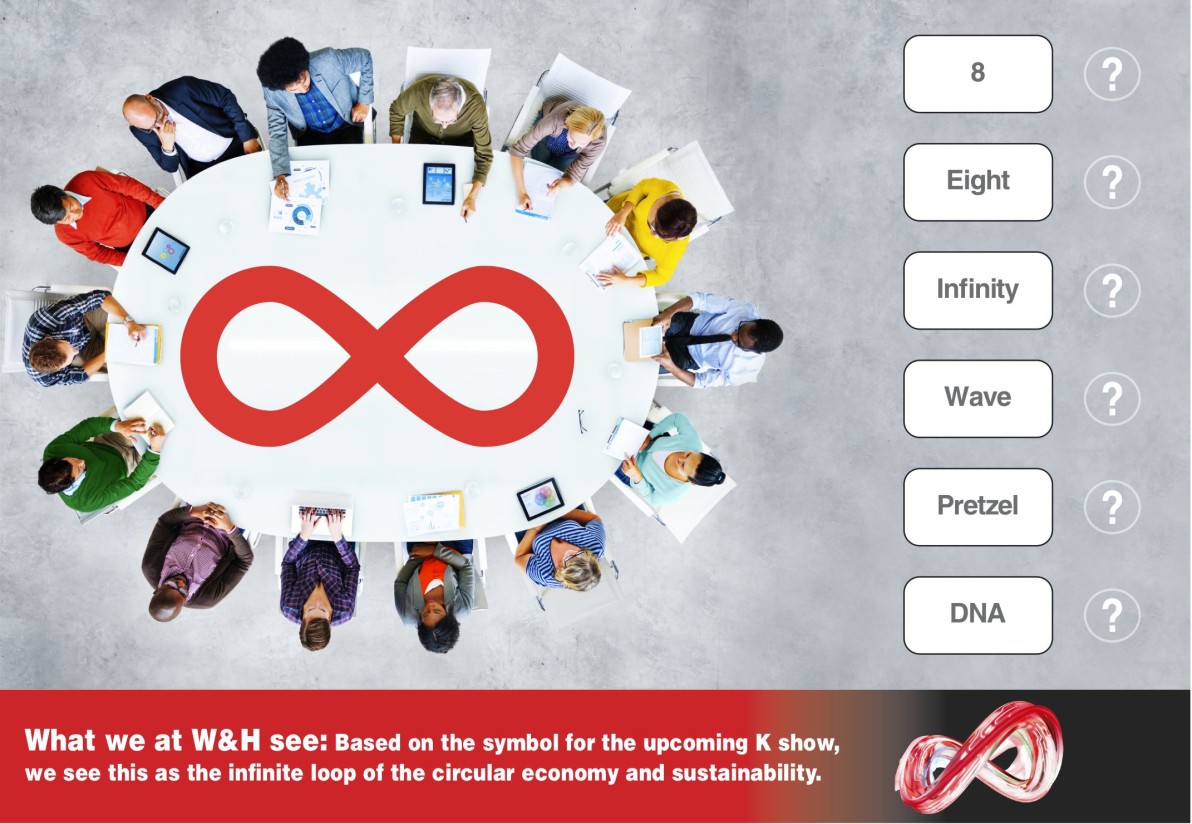President's Corner: Lost in Translation
Lost in Translation The year was 1988 and I was a young, inexperienced Extrusion Product Sales Manager. I received a document from W&H Germany asking me to sign a CONFIRMATION OF ERECTION (directly translated word for word from “Montagebestaetigung”). They meant “Confirmation of Installation”. I thought, wait … WHATTTTT?

That can NOT be the correct translation! How can I send that to a customer for the installation of a BLOW HEAD (Blaskopf = die)?? Whoa … we’ve got to get better at this.
Lost in Translation is a term that we are all very familiar with, some of us more than others. The popular Bill Murray movie of the same name from 20 years ago, attempted a look at the difficulty we all have as world citizens, trying to simply understand one another. Language is only part of the challenge, albeit a significant part. As globalization spreads, the language we use and the manner with which we use it, becomes that much more critical.
We are pretty lucky in the US that we all essentially speak the same language, Canada a bit less so. How difficult it must be for my German colleague Michael Fischer, who runs W&H’s Asia Pacific HUB, to communicate effectively with customers and colleagues. He is responsible for a vast region, with over 20 different languages, who all communicate in English…a language that is spoken by all but native to none. What an opportunity for misunderstanding!
“Do you speak English?” is not the right question. It should be framed as “Do you understand English” (or German, Russian, Spanish, or Chinese), along with all the nuances and hidden meanings that come along with that.
I took a German course in college that focused ENTIRELY on colloquialisms and idiomatic expressions. The professor felt that ONLY by understanding these, could a person become truly fluent in a language. If an English-speaking German heard the expression “to kill two birds with one stone” and tried to extract the meaning from a literal translation, they would be flummoxed. The same German saying is essentially “to hit two flies with one clap”. There are thousands of these, and they are in every language. I am constantly amazed how often we use them in everyday conversations, never thinking that they might not be understood. We don’t even ask, because the person/people that we are communicating with “speaks English”.

The US is arguably the most diverse country in the world, yet despite the myriad of cultures and languages spoken by our citizens, we still, as Americans, generally do not embrace and learn a second language! Seemingly, every other culture learns English.
Body language is another form of communication that is often misinterpreted, or worse, not even recognized. I left a customer meeting years ago, where it was clear to some that our partner was agitated and very upset. At least I thought it was clear. Some in our team, however, had different impressions of the meeting. Because the body language was not read the same by everyone, some focused more on the words that were used than others. The customer did not SAY that he was upset, so clearly, he was not. Right? Wrong!
This is part of the “art” of communication that we are confronted with as a global group of companies. How do we maximize efficient communication and minimize misunderstandings? The possibility of “Lost in translation” is significant in our daily business and understanding these nuances is essential for success. How often have we said in a meeting “what he meant by that, was…” Understanding the words is important, understanding the meaning, even more so.
This is an example that I always found hilarious, but also relevant. I was in a big meeting in Lengerich years back, discussing ways to better communicate with customers. We were asked to offer suggestions. On my card, I wrote “LISTEN!,” thinking that this is perhaps the most crucial component to improving communication. It never occurred to me that this would be read by my German colleagues as the German word “LISTEN” (which means “lists” in English). When the moderator read my card, he exclaimed “Yes! Lists are very important!”
Talk about lost in translation!